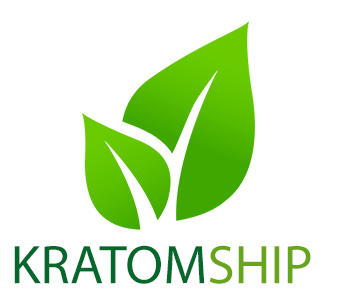Introduction
Kratom, derived from the leaves of the Mitragyna speciosa tree, has been used for centuries in Southeast Asia for its medicinal properties. One of the key reasons for its popularity is its ability to interact with neurotransmitters in the brain, including serotonin and dopamine. These neurotransmitters play crucial roles in regulating mood, emotions, and overall mental well-being. In this article, we will delve into the neurochemistry behind kratom’s influence on serotonin and dopamine.
Serotonin and Its Importance
Serotonin is a neurotransmitter often referred to as the “happy hormone” due to its role in regulating mood and emotional stability. It helps to promote feelings of happiness, relaxation, and well-being. Low levels of serotonin have been linked to conditions such as depression and anxiety.
Kratom and Serotonin
Kratom contains active compounds known as alkaloids, with mitragynine and 7-hydroxymitragynine being the most prominent. These alkaloids interact with serotonin receptors in the brain, particularly the 5-HT2A receptor. By binding to these receptors, kratom can modulate serotonin levels and activity, leading to mood enhancement and a sense of calmness in some individuals.
It’s important to note that the effects of kratom on serotonin can vary depending on the dosage and individual differences. At lower doses, kratom tends to act as a mild stimulant, which may increase serotonin release, while at higher doses, it may exhibit more sedative effects.
Dopamine and Its Significance
Dopamine is another essential neurotransmitter that plays a vital role in the brain’s reward and pleasure pathways. It is often associated with feelings of motivation, focus, and pleasure. Imbalances in dopamine levels have been linked to various mental health conditions, including depression, addiction, and attention deficit disorders.
Kratom and Dopamine
Kratom’s influence on dopamine is complex and not fully understood. Some studies suggest that kratom’s alkaloids may interact with dopamine receptors, including the D2 receptor. This interaction may lead to an increase in dopamine release in the brain, contributing to enhanced mood and a sense of reward or well-being.
However, it’s essential to recognize that the effects of kratom on dopamine may vary based on individual factors, and more research is needed to fully comprehend the mechanisms involved.
The Potential Implications
The interaction between kratom and serotonin/dopamine systems has garnered significant interest due to its potential implications for mental health and well-being. Some proponents of kratom suggest that it could be used as a natural alternative for managing mood disorders and depression.
Caution and Responsible Use
However, it is crucial to approach these claims with caution. The effects of kratom can vary widely among individuals, and its use should be approached responsibly. Kratom is not a substitute for professional medical advice or treatment, and individuals with underlying mental health conditions should consult their healthcare providers before considering kratom as a potential option.
Related posts:
- Kratom as a Form of Alternative Medicine Kratom is a tropical tree native to Southeast Asia, particularly...
- Kratom and Focus: Exploring Its Cognitive Enhancement Properties When it comes to cognitive enhancements, Kratom has gained significant...
- Kratom and Opioid Addiction: Can It Be an Effective Treatment Kratom is a tropical tree native to Southeast Asia, and...
- Traditional and Cultural Uses of Kratom Kratom, scientifically known as Mitragyna speciosa, has a long history...


